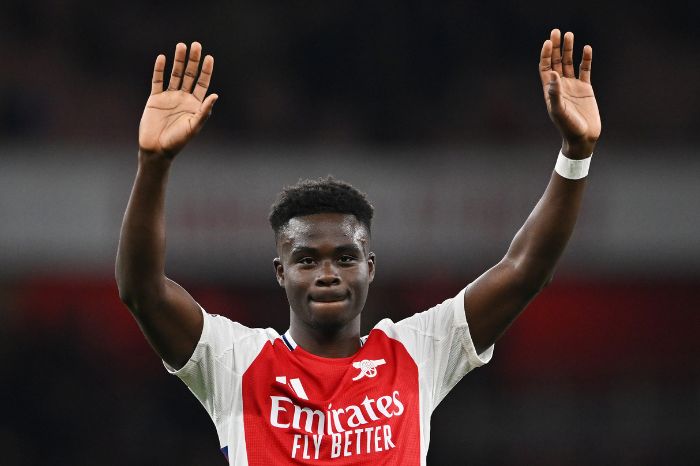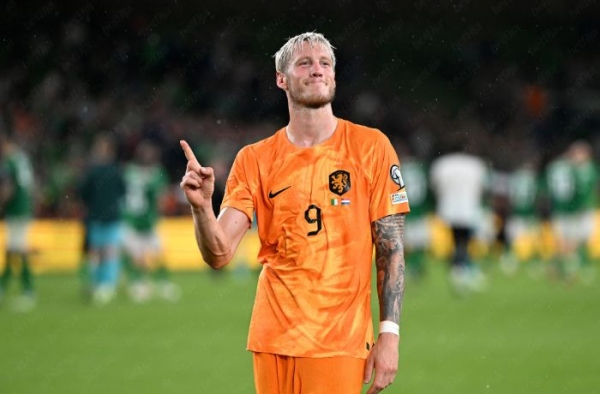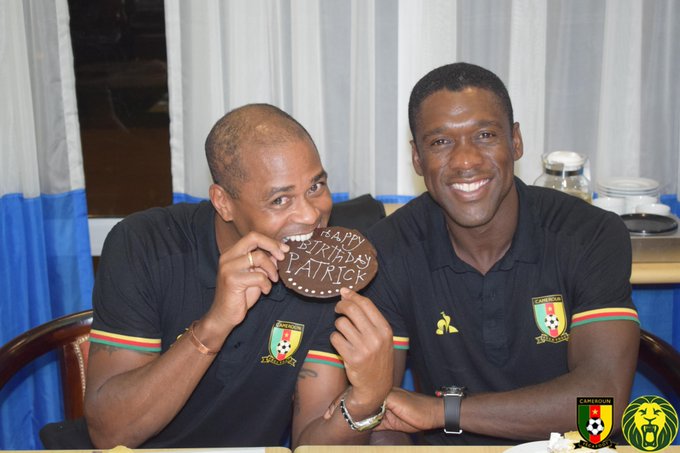Follow @Emiearth on X for more expert analysis.
In Nigeria, football is a religion. From the tarred streets of Lagos to the red sands of Enugu, and up to the high hills of the Plateau, the love for the game runs deep.
With a population exceeding 200 million and still growing, footballing talent can be found in every corner of the country. Yet, not all players of Nigerian descent don the iconic green jersey of the Super Eagles. A situation often attributed to migration, dual citizenship, and personal or professional choices, as some of these players would rather adorn the cloak of present location.
? ????? ??? ????! ?
— Bet9ja: The home of #betBOOM! ? (@Bet9jaOfficial) April 9, 2025
Now you can win up to ?1 BILLION! ?
Even ???? explosive odds! Even ???? chances to win! ?
Are you playing with Poco? ?#CatchTheBOOM pic.twitter.com/Ga8ITP4KBJ
As a Nigerian, despite the quality of the current crop of players representing the country, there are occasional ‘what-ifs.’
The UEFA Champions League quarter-final first-leg clash between Arsenal and Real Madrid magnified those feelings, as Bukayo Saka and David Alaba – two stars with Nigerian roots – battled for on-field supremacy, with the former having the last laugh.
Alaba chose to represent Austria, the country of his birth, despite being born to a Nigerian father. He made his debut for Austria at just 17 and has since become the team’s captain and one of its most influential players.
Saka is the heartbeat of Arsenal. His injury temporarily derailed what had looked like a strong push for the club’s first English Premier League title since 2004. Fortunately for the North London faithful, his return came at a crucial time – not just for the league run-in, but to fuel the Gunners’ charge toward a potential first-ever Champions League triumph.
The forward was born in London to Nigerian parents and was eligible to represent Nigeria, but ultimately chose to play for England. It’s hard to fault his decision-having come through Arsenal’s youth academy, he made his senior debut for England in 2020. His standout performances at Euro 2020 and the 2022 FIFA World Cup cemented his place in the Three Lions squad. It’s worth noting that Nigeria did make efforts to lure him, but those attempts proved unsuccessful.
Then there’s the curious case of Tammy Abraham, who nearly switched allegiance after struggling to secure regular England call-ups. Yet, the AS Roma striker ultimately chose to sing ‘God Save the King’ rather than ‘Nigeria, We Hail Thee’ – the anthem that recently replaced the iconic ‘Arise, O Compatriots.’ Having represented England at various youth levels, Abraham made his senior debut in 2017, sealing his international future.
Fikayo Tomori, born in Canada to Nigerian parents, was eligible to play for Canada, Nigeria, or England. Though he initially represented Canada at the U20 level, he ultimately chose the Three Lions. Despite Nigeria’s efforts to woo him, FIFA eligibility rules and Tomori’s personal ambitions saw him commit to England.
? ?5 ??????? ???? ????? ??? ?????! ?
— Bet9ja: The home of #betBOOM! ? (@Bet9jaOfficial) April 8, 2025
1 lucky Bet9ja user will each win N5 Million every UCL round! ?
What are you waiting for? ?
From Manuel Akanji to Noah Okafor, the list of players eligible to represent the Super Eagles but opting instead for their country of birth – or the nation where their bread is buttered stretches longer than Lagos’ Third Mainland Bridge.
But it’s not all doom and gloom, as Nigeria has had success in convincing certain players to switch allegiance—most notably, Africa’s current best, Ademola Lookman.
Lookman, born in London, had represented the Three Lions at Under-17 level and was part of the England squad that won the U-17 World Cup in India – scoring three goals in the tournament. However, for Lookman, the decision to switch to Nigeria in 2022 marked a turning point in his career.
“I think ever since I put on the Super Eagles jersey, it’s been fruitful,” he said.
It would be unwise to criticise footballers who choose to represent other nations. Many of these players grew up in European countries with strong footballing infrastructures. For some, the decision is driven by career prospects, global exposure, or emotional ties to their country of birth. A few have also cited the lack of early outreach from the Nigerian Football Federation (NFF) as a factor in their choice.
Despite these decisions, many of these players continue to embrace their Nigerian heritage. Whether it’s speaking in their mother tongue, visiting Nigeria for ‘Detty December’, or celebrating traditional culture, their roots remain strong.
As the diaspora continues to grow, so too will the number of footballers with Nigerian roots. But what if Nigeria did more to retain its footballing gems? Perhaps the replica of the FIFA World Cup trophy would be on display in Abuja.



